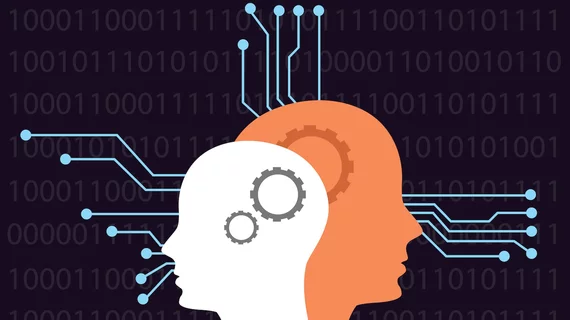MIT uses reinforced learning to reduce toxic doses for cancer patients
Researchers at MIT have created a machine-learning technique that reduces the toxic chemotherapy and radiotherapy doses for patients with the most aggressive form of brain cancer.
Utilizing a method called reinforced learning (RL), the model was applied to 50 patients trials where it learned to either reduce the potency of treatment dosage or skip it entirely. During the process, the RL method maintained the same tumor-shrinking potential, according to an MIT release.
The technique was later adapted for glioblastoma treatments and tested on 50 new simulated patients over two weeks. The group found the RL model offered improvements compared to the traditional dosing technique.
“We said [to the model], ‘Do you have to administer the same dose for all the patients? And it said, ‘No. I can give a quarter dose to this person, half to this person, and maybe we skip a dose for this person,’” said principal investigator Pratik Shah in the release. “That was the most exciting part of this work, where we are able to generate precision medicine-based treatments by conducting one-person trials using unorthodox machine-learning architectures.”
Read the entire Clinical Innovation and Technology story below.

